Short News
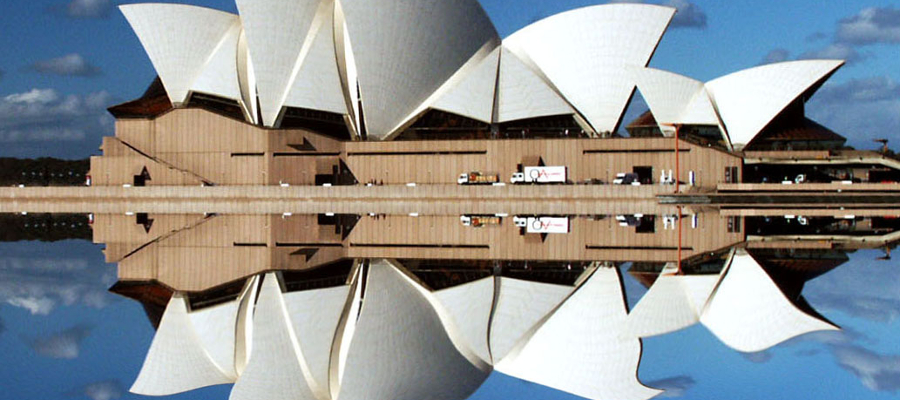
Fewer plastic bags in Australia
In 2018, the two biggest supermarkets in Australia stopped offering plastic bags. At the end of the year, the number of bags used had dropped by 80 percent.
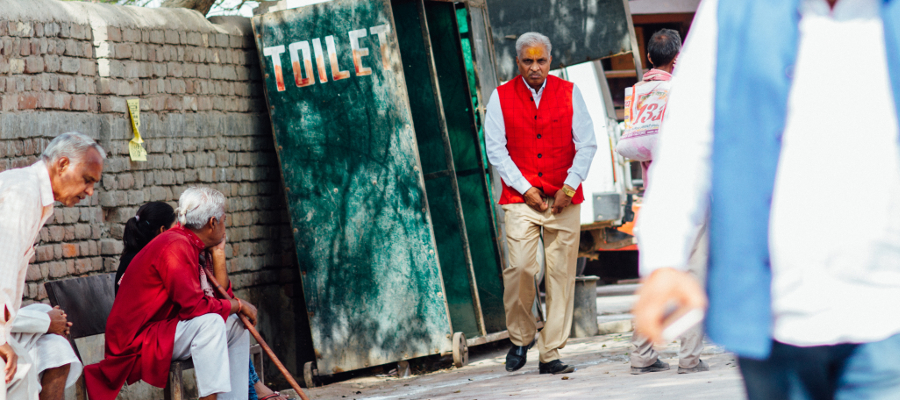
Sanitation saves thousands of lives
India is fighting dangerous infections by building more toilets. According to the WHO, access to sanitation has increased from 40 % to 90 % in just four years.
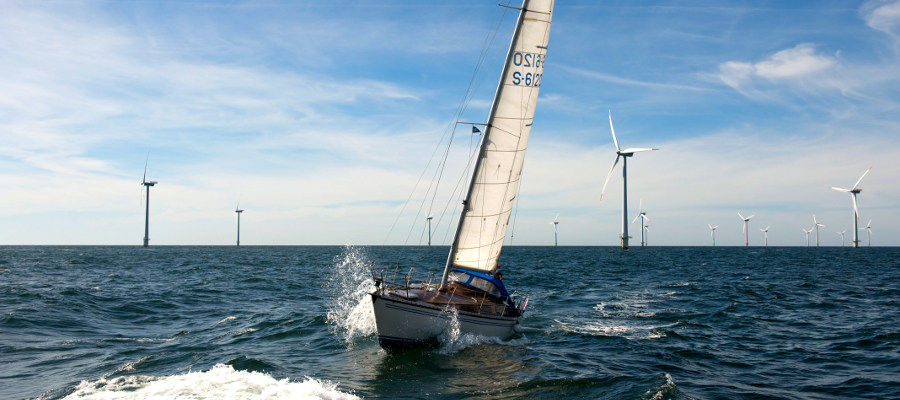
Denmark is a green role model
While each individual Dane has a large CO2 footprint, Denmark is seen as a world role model when it comes to phasing out fossil fuels, report shows.
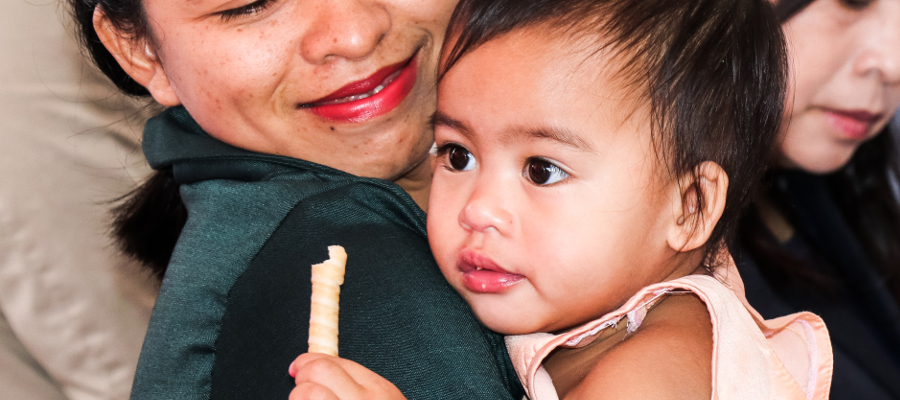
Fish snacks help children survive
Cambodia has developed a nutritious fish snack to treat undernourished children. The snack was created in partnership with Copenhagen University and UNICEF.
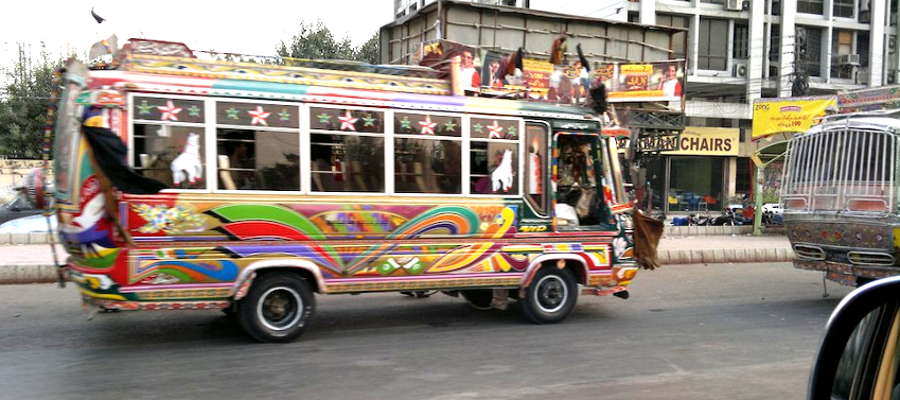
Cow poo powered buses
Pakistan’s biggest city, Karachi, will next year introduce buses that run on ‘brown energy’: biogas from the dung produced by the city’s 400,000 dairy cows.
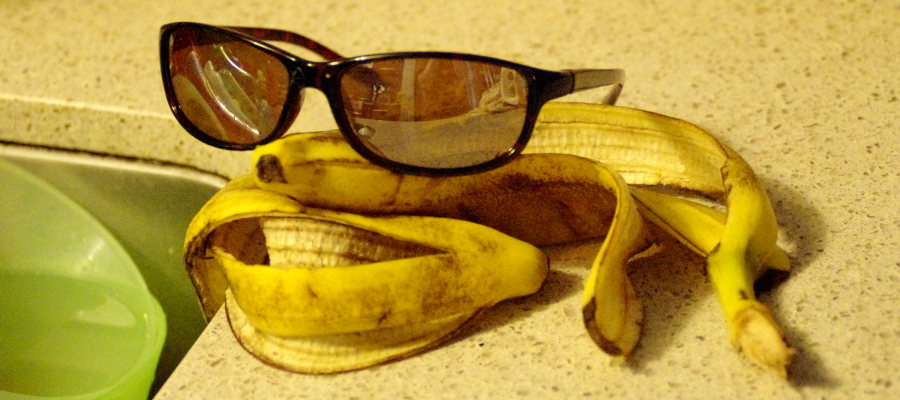
All bananas in Lidl to be Fairtrade
In Denmark, Sweden, and Finland, the Supermarket chain Lidl has decided that every banana they sell must be Fairtrade certified.
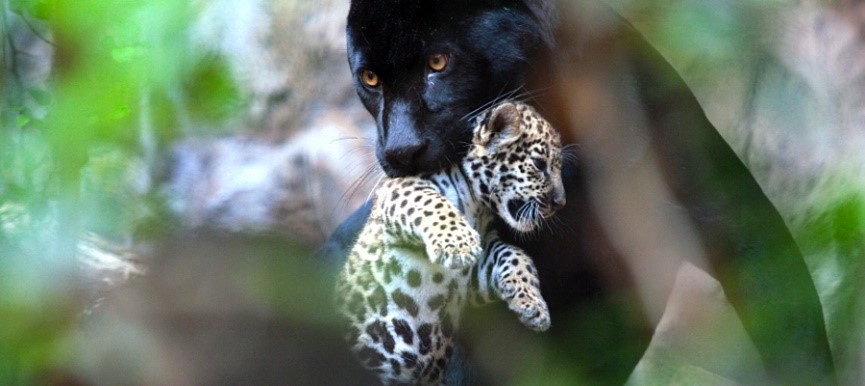
Jaguars to be better protected
Countries and organisations have agreed to cooperate to protect the jaguar better. A string of 30 new nature reserves are planned to let the big cat roam.
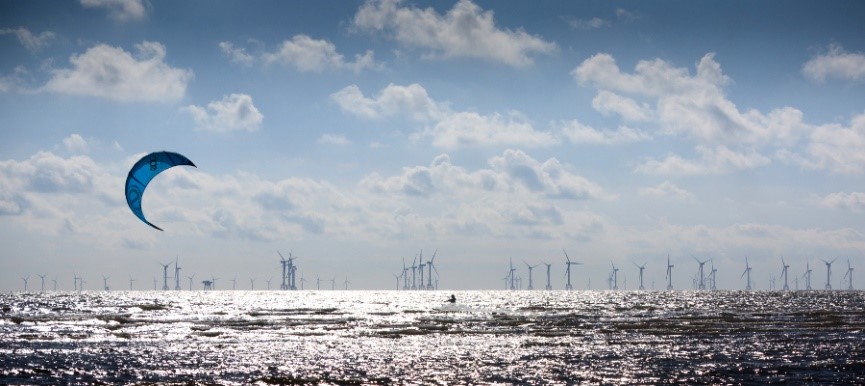
New record for wind turbines
The world’s biggest offshore wind farm is now operational between England and Ireland. A Danish company has provided the 102 turbines to power 600,000 homes.
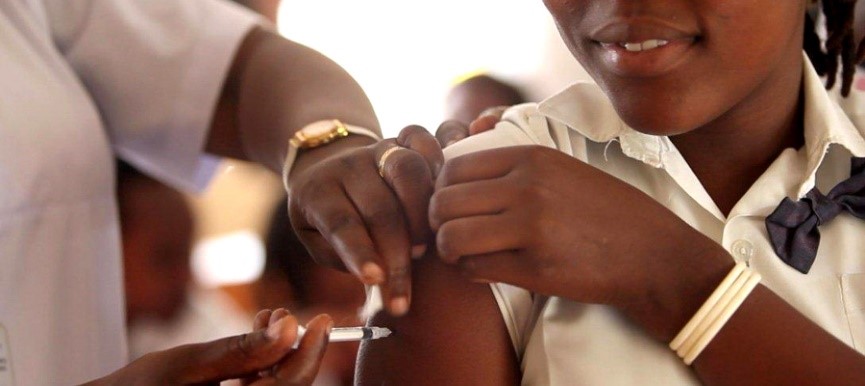
Rwanda is beating cervical cancer
The first developing country to introduce HPV vaccines, Rwanda now immunises 93 percent of girls in primary school.
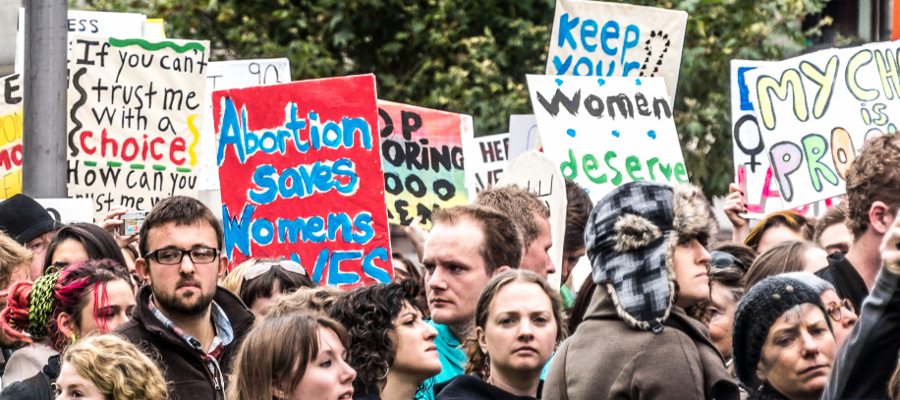
Ireland allows limited abortion
The Irish parliament has voted to allow legal abortion during the first 12 weeks of pregnancy, if the woman’s life is in danger or if the foetus is not viable.
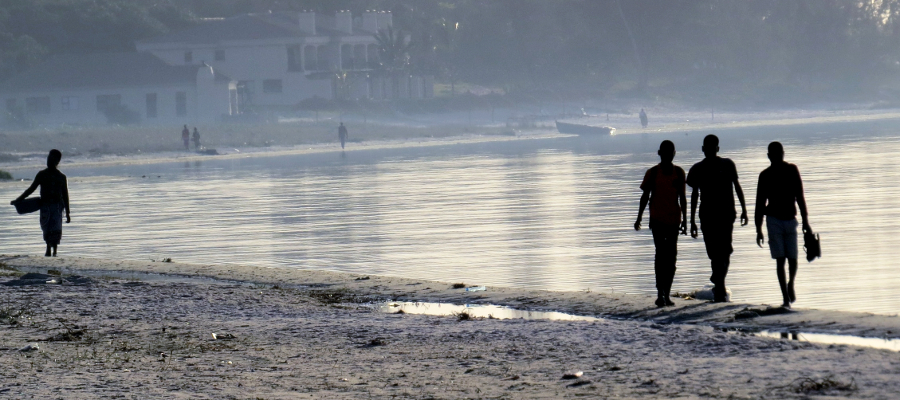
’Ghost hunt’ against corruption
In a drive to fight corruption, 30,000 non-existing ‘ghost workers’ have been struck from public payrolls in Mozambique.
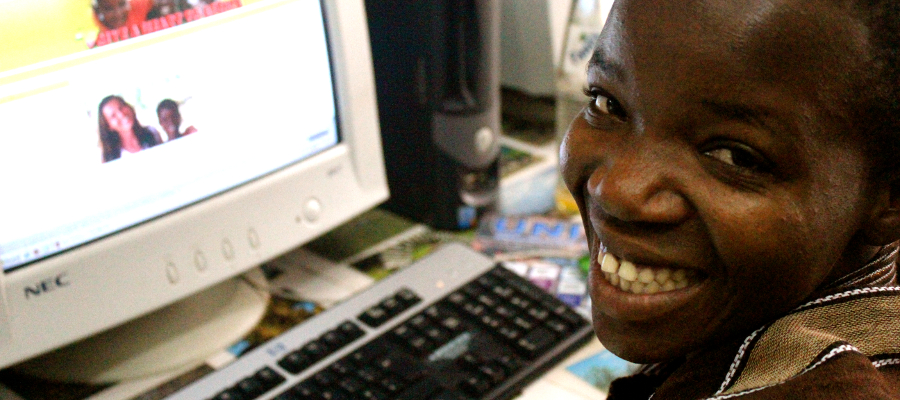
More people now online than offline
For the first time, more than half the world’s population now has internet access. In Africa, only two percent were online in 2005. That’s now up to 24 percent.